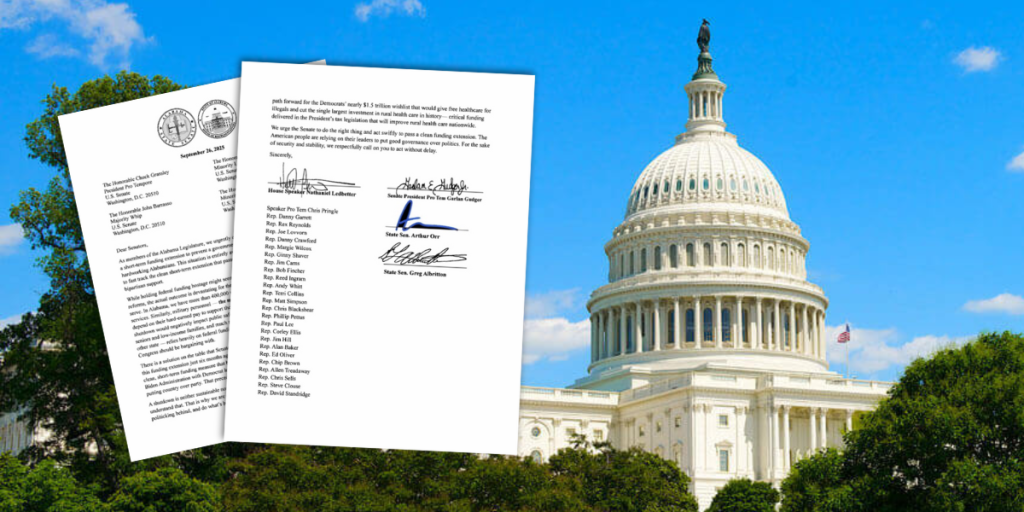The Senate Finance and Taxation Education Committee voted unanimously Wednesday to advance the Renewing Alabama’s Investment in Student Excellence (RAISE) Act, a sweeping education reform bill that would transition the state to a hybrid student-based funding model for public K-12 schools.
“This is the result of our commission that we had regarding student-based funding,” said Orr. “We don’t want to pull the rug from beneath [our educators]…this is a long term commitment.”
The bill would appropriate $375 million from the Educational Opportunities Fund to launch the RAISE Fund, with $100 million distributed in fiscal year 2026, $125 million in 2027, and $150 million in 2028. The funding is designed to cover anticipated annual growth in weighted student needs, providing financial stability for local education agencies as they make staffing and program decisions.
The legislation is the product of a year-long review by a state commission created to modernize Alabama’s education funding formula. For nearly three decades, the state has relied on the Foundation Program, a system designed to ensure baseline resources for public schools. However, critics have long argued that it fails to adequately support students requiring additional services, particularly those from low-income households or with learning challenges.
RELATED: Debate looms over potential shift to student-based funding model for Alabama’s education budget
The commission considered several options before recommending a hybrid model — maintaining the Foundation Program while incorporating weighted student-based funding. The RAISE Act is the result of that recommendation.
Each qualifying student would generate additional funding based on their needs, including up to 20% for students in poverty, 150% for students with the highest special education needs, 15% for English language learners (plus an additional 5% in districts with high concentrations of ELL students), 10% for qualifying charter school students, and 5% for gifted students.
Students may receive multiple funding weights if they qualify for more than one category.
In addition to new funding mechanisms, the RAISE Act mandates the development of a unified system to streamline state and federal funding applications and reports. The Alabama State Department of Education must launch the new system by the 2028–2029 school year and complete an audit of outdated or burdensome education regulations by 2026.
Accountability measures are also a component of the bill. Local Education Agencies will be required to submit annual reports outlining goals, spending plans and progress for student groups supported by the RAISE Fund. Two new bodies — the RAISE Review Committee and the RAISE Accountability and Implementation Board — will monitor school district performance and have the authority to recommend corrective actions if goals are not met.
The bill now heads to the full Senate for consideration. If passed in both chambers, implementation would begin in the 2025–2026 academic year.
Today is the 20th legislative day.
Grace Heim is a state and political reporter for Yellowhammer News. You can follow her on X @graceeheim or email her at [email protected].













